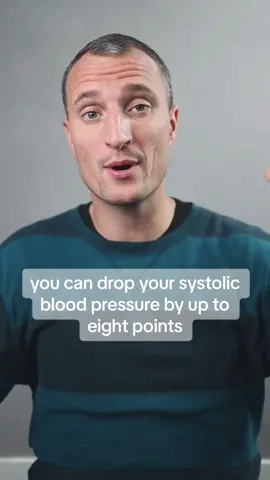Sahanaz beli
Region: BD
Thursday 28 November 2024 10:28:38 GMT
154
44
5
0
Music
Download
Comments
Md Saudagar :
👌👌👌
2024-11-28 20:13:17
0
Dulal Mollah :
❤❤❤
2024-11-28 15:01:47
0
Md Arif khan :
❤️❤️🌹🌹🌹🌹🌹
2024-11-28 13:49:43
0
Noor Saeed :
👌👌👌
2024-11-28 10:42:07
0
MD.Amdadul :
🤡🤡🤡
2024-11-29 03:15:28
0
To see more videos from user @sahanaz.beli, please go to the Tikwm
homepage.





